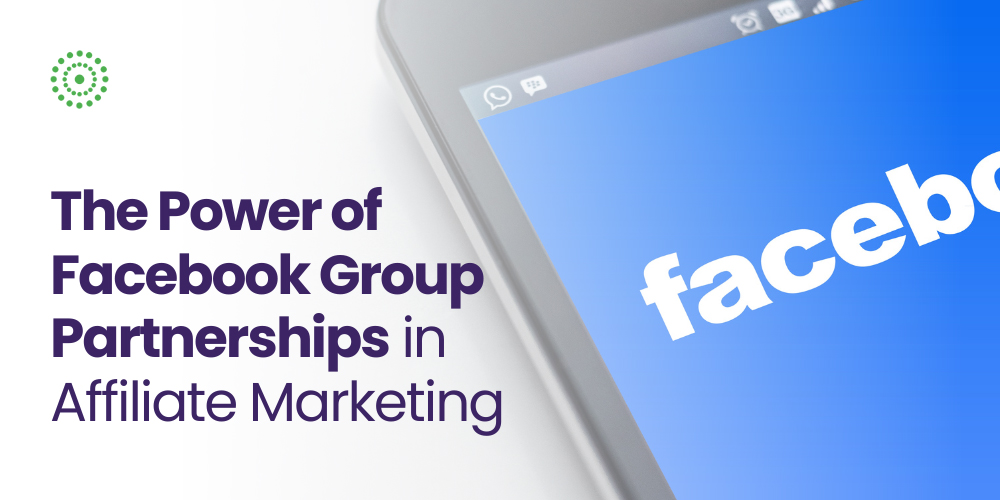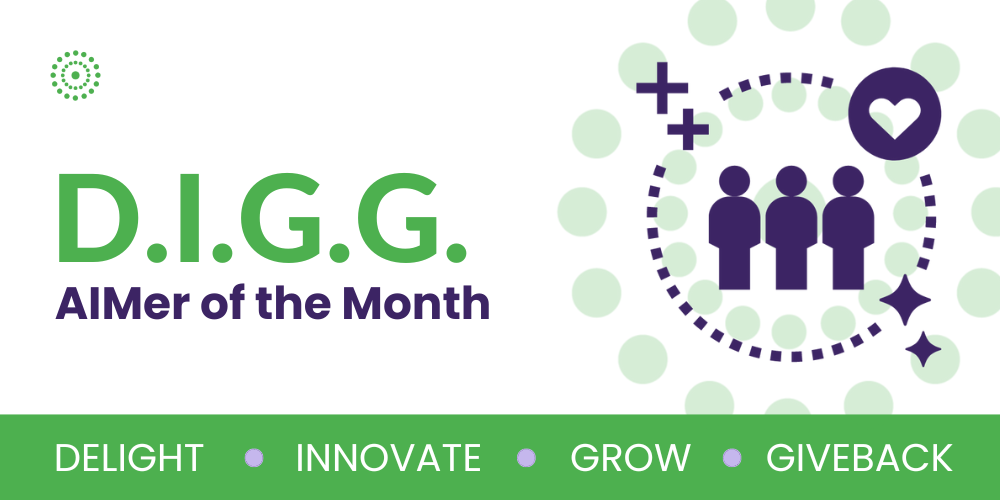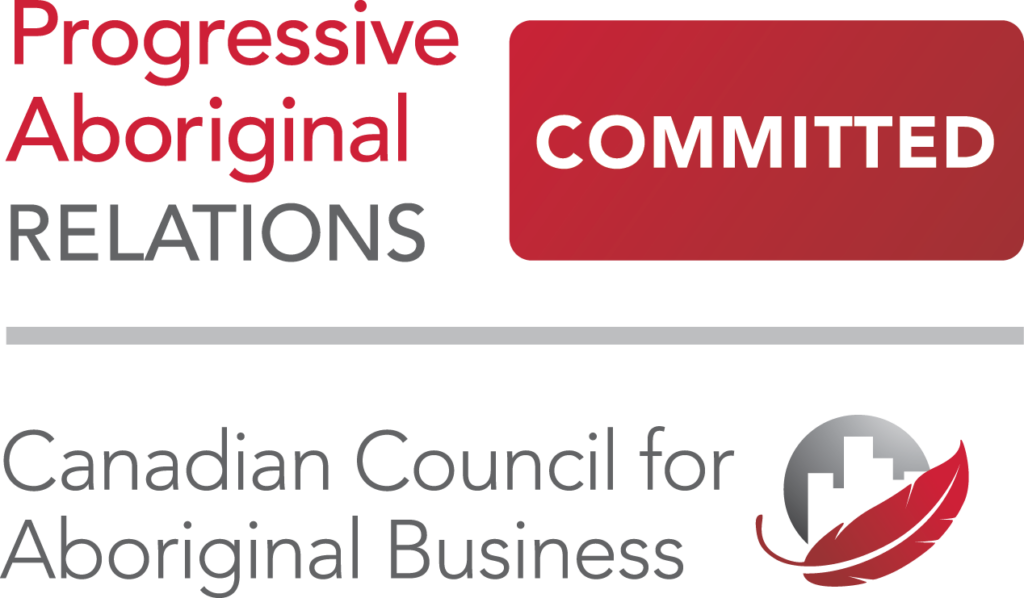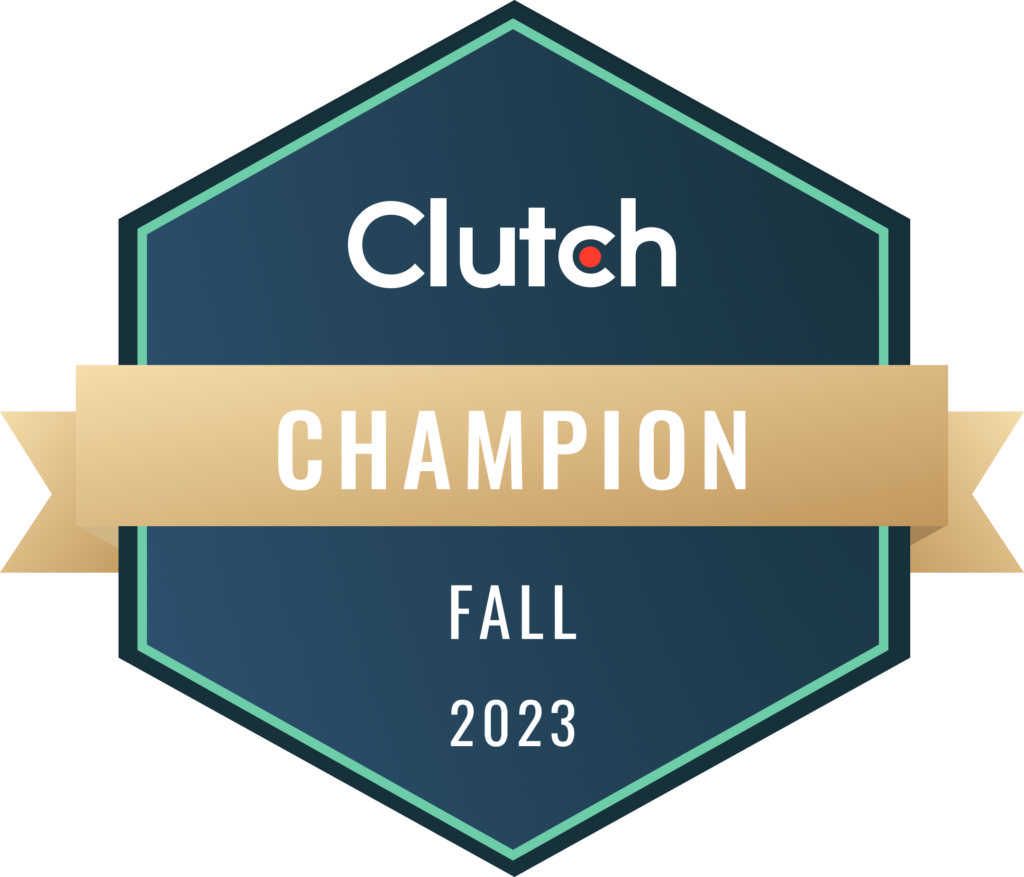In the ever-evolving digital landscape, social media platforms have emerged as powerful catalysts for businesses to connect with their target audiences. Among these platforms, Facebook has solidified its position as a leader, offering not only a vast user base but also an array of dynamic features. One such feature that has gained significant traction in recent years is the formation of Facebook groups—a thriving ecosystem where individuals come together based on shared interests, passions, or affiliations.
While Facebook groups provide an avenue for users to engage and interact with other like-minded users, they have also caught the attention of marketers seeking innovative ways to promote their products and services. The concept of affiliate marketing, where businesses collaborate with influencers and content creators to drive sales and generate leads, has found huge potential within these digital communities.
By leveraging the authenticity and influence of group members, companies can forge meaningful connections, increase brand visibility, drive sales conversions, and tap into niche communities that align perfectly with their offerings. However, navigating the intricate dynamics of Facebook group partnerships requires a thoughtful approach. It demands an understanding of the group’s unique culture, community guidelines, and expectations.
Recently, the AIM team had the pleasure and privilege of sitting down with Wade Tonkin, Global Affiliate Marketing Director at Fanatics, to discuss the success he has seen throughout the years. Wade generously shared valuable insights into the strategies that amplify engagement, foster trust, and generate conversions within digital communities. Here are some of the key takeaways from our conversation from prospecting to onboarding.
Prospecting and Recruiting
What to Look For
Research is key! Make sure that the group doesn’t just align with your brand’s products or services, but also align with your initiatives. Does the group do commercial posting? If so, is it authentic to the group’s audience or just thrown out among a ton of other shopping links? Remember, it’s better to have a community around your relevant niche that appreciates recommendations versus a community that can start to ignore repetitive shopping links just hoping for a click.
On top of that, be sure to review past content to make sure the conversation is positive and aligned with your brand’s values. If there are subject matters that can reflect poorly on your brand, it might not be the right group for you.
Does Size Matter?
When it comes to searching for relevant Facebook groups for your brand, it’s not always about the size. After all, many of us in the industry understand the importance of quality over quantity when it comes to recruitment, and Facebook groups are no different. Just like with any other influencer or content creator, you want to look at engagement. How many posts per day/week and what’s the response rate?
Private vs. Public
It’s key to keep an eye on whether your prospective group is private or public. Private groups can be kind of tricky to get into, but not impossible. The problem lies in your communication and recruitment efforts. If you are too aggressive, you can find yourself being banned on Facebook. So, it’s best to be aware of the type of group you’re communicating with and be careful, strategic, and not too aggressive.
Top Tip: If you don’t have one already, it’s best to create a work Facebook account for outreach.
Onboarding and Support
Tagging
With how specific some of these groups can be, it’s smart to have a grouping/tagging system in place. After onboarding, assign appropriate tags to each group, allowing for easy reference and future campaign planning. Some groups may align better with seasonal promotions, while others may have a specific product or category focus. Understanding which groups suit your specific objectives will significantly enhance your overall outcomes.
Tools
Once you’ve onboarded your Facebook group(s), you should have all the tools they need available from the jump. This includes, but is not limited to, affiliate links, images, logos, swipe copy, guides, etc.
Training
Many Facebook groups aren’t familiar with utilizing affiliate marketing. Make sure you have training on top of your tools to assist and encourage your new partners. Tutorials on grabbing creatives, examples of how the posts should look, disclosure tips, and more should be included in your affiliate toolkit. Videos are also a great option, as well as a Facebook support group.
Top Tip: Put together a 1-pager Quick Start Guide specifically for Facebook group partners. If not a full 1-pager, a slide/page with best practices in your Affiliate Quick Start Guide could be just as helpful.
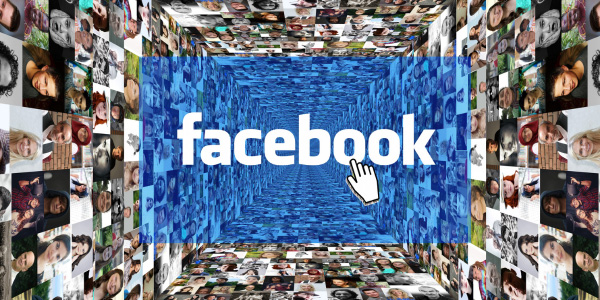
Recap
- Research is crucial when prospecting and recruiting Facebook groups. Look for groups that align not only with your brand’s products/services but also with your initiatives and values. Seek communities that appreciate recommendations rather than ones saturated with repetitive shopping links.
- Group size doesn’t always matter; prioritize quality over quantity. Evaluate engagement metrics such as post frequency and response rates to gauge the group’s active participation.
- Distinguish between private and public groups and approach communication and recruitment efforts accordingly. Avoid being overly aggressive, as it may lead to being banned on Facebook. Consider creating a dedicated work Facebook account for outreach.
- Implement a tagging system to organize and reference specific groups for future campaigns.
- Provide comprehensive tools to your Facebook group partners upon onboarding, including affiliate links, images, logos, swipe copy, and guides.
- Offer training resources to help Facebook group partners understand and effectively utilize affiliate marketing. Include tutorials, examples of post formats, disclosure guidelines, and consider incorporating videos and a support group.
- Create a concise Quick Start Guide tailored specifically for Facebook group partners, highlighting best practices and essential information to ensure a smooth and successful collaboration.
As we navigate the rapidly evolving landscape of digital marketing, it becomes crucial to embrace innovative strategies that truly resonate with audiences. Facebook group partnerships in affiliate marketing offer a promising avenue for businesses to tap into the power of community-driven promotion, fostering connections that are both authentic and impactful.
